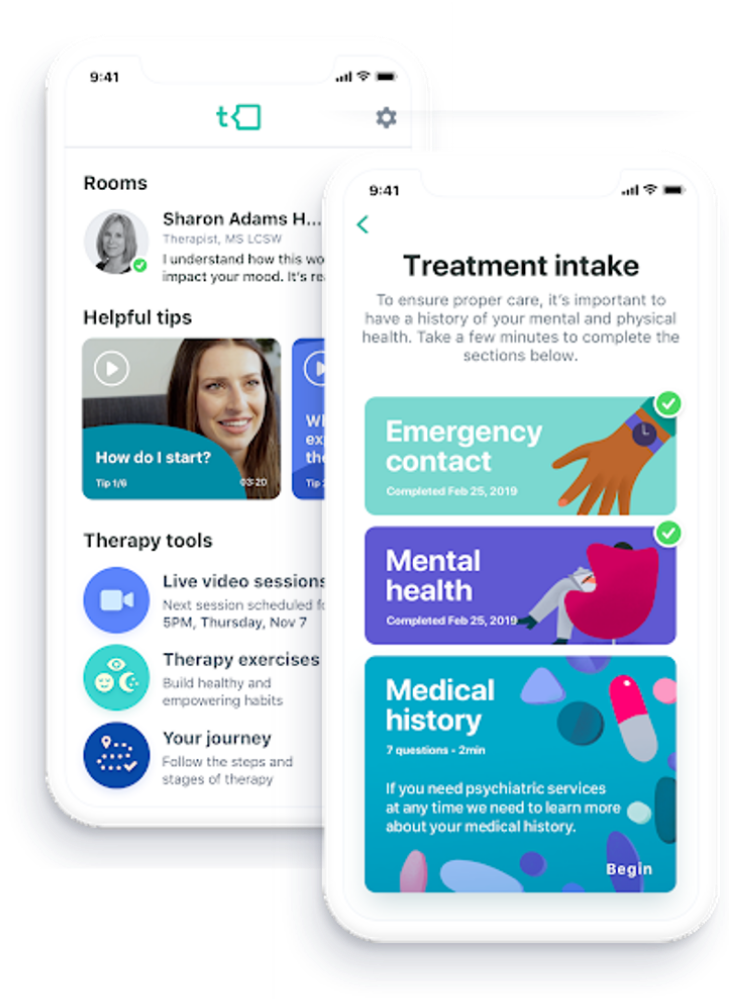Topamax (Topiramate): online prescription management for bipolar disorder
Psychiatry appointments online, from anywhere. Our licensed psychiatric clinicians diagnose and treat bipolar disorder. Get Topamax with a prescription from a Talkspace clinician.





